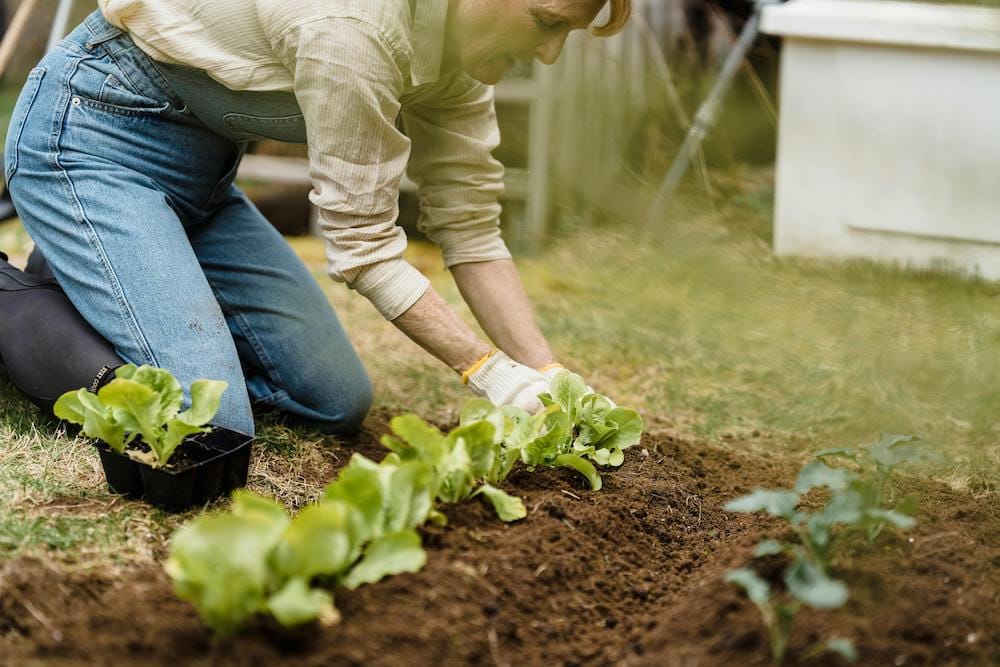The benefits of spending time in nature are widely acknowledged. So, what happens when engaging in those very activities triggers your eco-anxiety?
In 2022, data presented to the high court showed that water companies discharged raw sewage into rivers and seas more than 300,000 times. The vast majority of these instances were illegal and, in a separate hearing, Thames Water was fined £3.34m for sewage dumping. The same year, Outdoor Swimmer published a report that found that participation in outdoor swimming in the UK had increased up to threefold since 2019 – with 69.4% of survey participants reporting that outdoor swimming is essential, or very important, to their mental health.
We’re living in a time when these two conflicting elements are coming to a head: our interest in nature-based wellbeing activities is peaking at the same time as devastating findings about natural decline. And it’s not just open water swimming that’s affected. Dangerous air pollution levels can cloud wellbeing walks. Bird watchers may note the decline in UK populations. And gardeners might struggle against an increasingly unpredictable climate.
It’s a lot to contend with. But, as ecotherapist Josephine Burke explains, nurturing our connection to the world around us could be the very thing that helps us to soothe feelings of eco-anxiety.
“We can often feel disconnected from ourselves (our minds and bodies) or with the world around us. Ecotherapists such as George Marshall and Mary-Jane Rust describe this as a ‘dissociative stance’ that is perhaps a coping mechanism – a way of managing the enormity of the climate crisis,” Josephine explains. “However, it can result in some difficulties such as anxiety, depression, relationship conflicts, and destructive behaviours like addictions.”
The idea of ecotherapy is to counter this through seeing ourselves as part of the world around us, resulting in an enhanced sense of self. “This connection and feeling of belonging is vital to help us to feel whole and integrated,” Josephine adds.
Take mindful gardening as one example of this. Yes, as a gardener, you will see first-hand how the blurring of seasons and unpredictable weather is taking effect – you may lose plants to wet weather, others to drought, and notice how blooming seasons differ from year to year. But you will also be in tune with the changing of the seasons, taking cues from how your plants react to the subtle transitions you may not have otherwise noticed. It creates that sense of connection and belonging that Josephine mentioned, and with it, hopefully, comes the motivation to take meaningful action. For her, ecotherapy is the ideal tool for tackling eco-anxiety in a practical and impactful way.

“Eco-anxiety can be overwhelming, because we can be flooded by the need for action while experiencing feelings of despair,” she explains. “However, by slowing down our minds with ecotherapy, we can come back to our individual identities – discovering what we love, enjoy and feel inspired by. This can allow us to start to think about where we can make changes, and what agency we have within our own environment in order to move from feelings of despair to active hope.”
With that fresh energy, you can write letters to your MP and local councillors (visit writetothem.com), join local environmental volunteer groups, get involved with initiatives on your doorstep and further afield, as well as making changes in your own life – and encouraging those around you to follow suit. And, all the while, you can continue to explore nature-based wellness activities in safe, responsible, uplifting, comforting, and empowering ways – creating a self-sustaining circle for self-compassion alongside care for the world around you.
And when it comes to trying ecotherapy, or other nature-based wellbeing practices, if you find yourself feeling distressed by certain activities, know that there are many different ways that you can engage.
“We can spend just 10 minutes a day taking care of and connecting with our pets and animals, the weather, or the natural world (inside or outside the home),” offers Josephine. “These aspects of the natural world flourish and change, and noticing this has often been described as ‘gentle observation’. Ecotherapy allows us to move away from the idea that we are in nature, but that we are part of nature.”
The headlines are rarely encouraging, but there is so much value to be found in continuing to nurture our connection with the world around us. And, by doing so, we may just be able to heal ourselves, and the planet, while we’re at it.


Comments